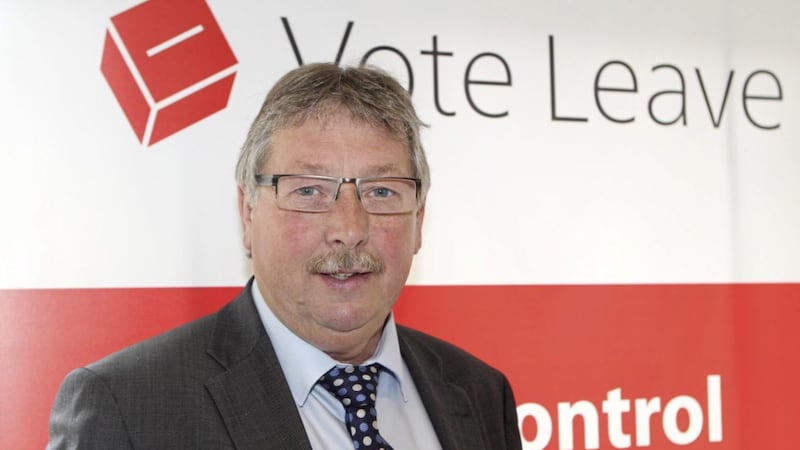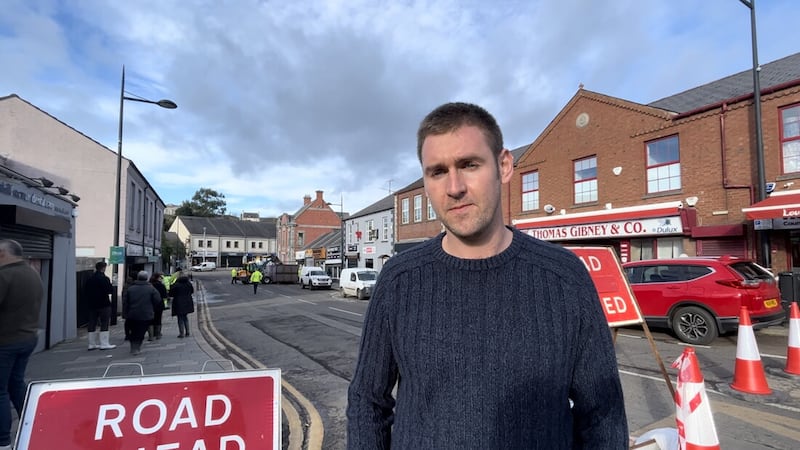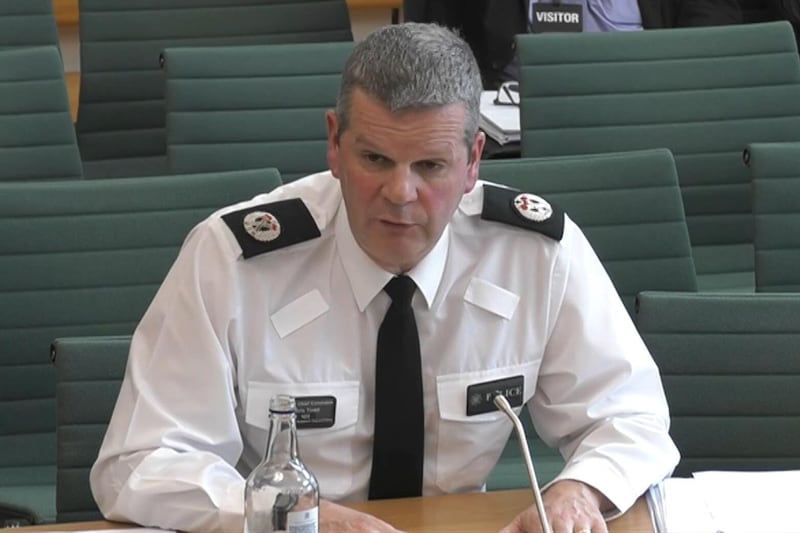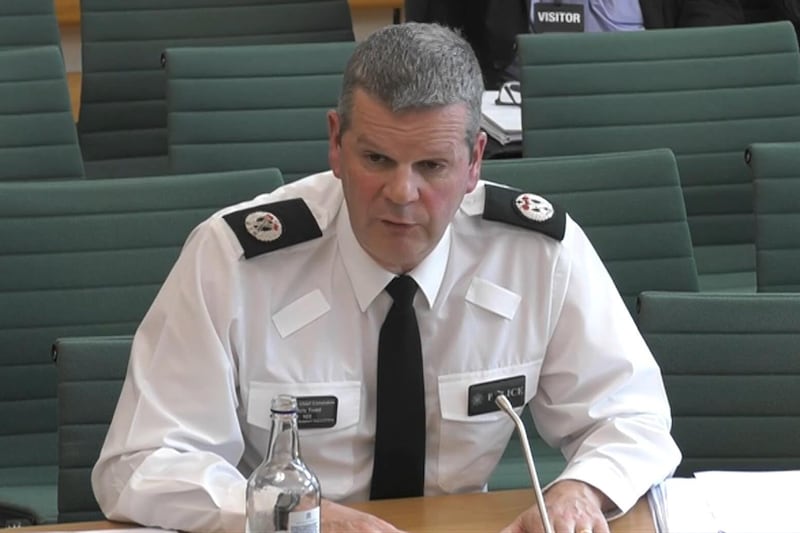A BREXIT policy which results in a hard border on the island of Ireland could lead to a united Ireland, a senior Conservative MP has suggested.
Simon Hoare, who was last month elected as chairman of the Northern Ireland Select Committee, warned MPs they will "play with fire" if a policy is pursued which "adds an accelerant to a demand for a border poll".
He added he was saddened to say he was not convinced unionists would win such a poll.
DUP MP Sammy Wilson rejected Mr Hoare's assessment and said his language was what Sinn Féin wants to hear.
Further Brexit warnings also emerged in the commons during consideration of the Northern Ireland (Executive Formation) Bill, including Labour claims that terrorists could target a hard border which would "inevitably" be put up following a no-deal Brexit.
The legislation again pushes back reintroducing a law that would place a legal duty on Secretary of State Karen Bradley to call an Assembly poll.
Ms Bradley had already extended what was a March deadline to the end of August. She is now seeking parliamentary approval to move it further back to October 21, with the option of a further extension to January 13.
Efforts to restore the powersharing executive at Stormont have repeatedly stalled since it collapsed more than two years ago, with decisions on running Northern Ireland effectively put on hold since then.
Speaking during the Bill's second reading, Mr Hoare said: "We will play with fire if a policy is pursued which adds an accelerant to a demand for a border poll.
"Because I have to say, and it saddens me to say it, I am not convinced that we as unionists would win that poll."
He added: "I am also certain that even if we [unionists] were to prevail and that precious union was to maintain it would open yet again – and one could not refuse the request of a second independence referendum in Scotland, and it is worrying – and I say this as somebody who is saddened to say it, I do not want to wake up and find myself a subject of the United Kingdom of England and Wales."
But the DUP's Mr Wilson said: "Although he didn't intend it, does he realise that the kind of comment which he has just made about a border poll and the likelihood of winning the border poll is exactly the kind of language that Sinn Féin want to hear?
"Because the trigger for a border poll in the Belfast Agreement is a belief that there is a change of mind in the views of the people of Northern Ireland as to whether they wish to remain part of the United Kingdom.
"Is he saying that he – in his short time as the chairman of the Northern Ireland Select Committee – has detected that, despite the fact that election results show there is still a vast majority of people who believe that the union is the right option?"
Mr Hoare replied: "Any of us who remained to campaign as part of the European Union will understand it is rather risky – I would suggest – to risk something as precious as our union to that thing called a border poll."
Earlier in the debate, shadow Northern Ireland secretary Tony Lloyd sounded no-deal Brexit concerns.
He said: "There is a hard border across the island of Ireland which would inevitably follow a no-deal Brexit. That hard border would become a potential target for the terrorists."
Mr Lloyd said equipment could come under attack, while other potential solutions to the border would involve a level of "state surveillance" which he said would not be "acceptable to the people of Northern Ireland".
Opening the debate for the government, Ms Bradley said she hopes the Bill will not receive royal assent as she hopes the powersharing relationship in Stormont will be restored by then.
She said five working groups had been established involving the five main Northern Ireland parties in a bid to break the impasse.
She said there have been more than 150 meetings, but expressed her "huge disappointment" that consensus has not yet been found.
Ms Bradley said: "There have been signs of an emerging consensus between parties on programme for Government, on the use of the petition for concern, and on transparency.
"On the issues of identity and languages, and on the sustainability of the institutions, the parties have engaged actively. Here too, there has been some agreement, but no overall consensus on these issues has, however, yet been found."








